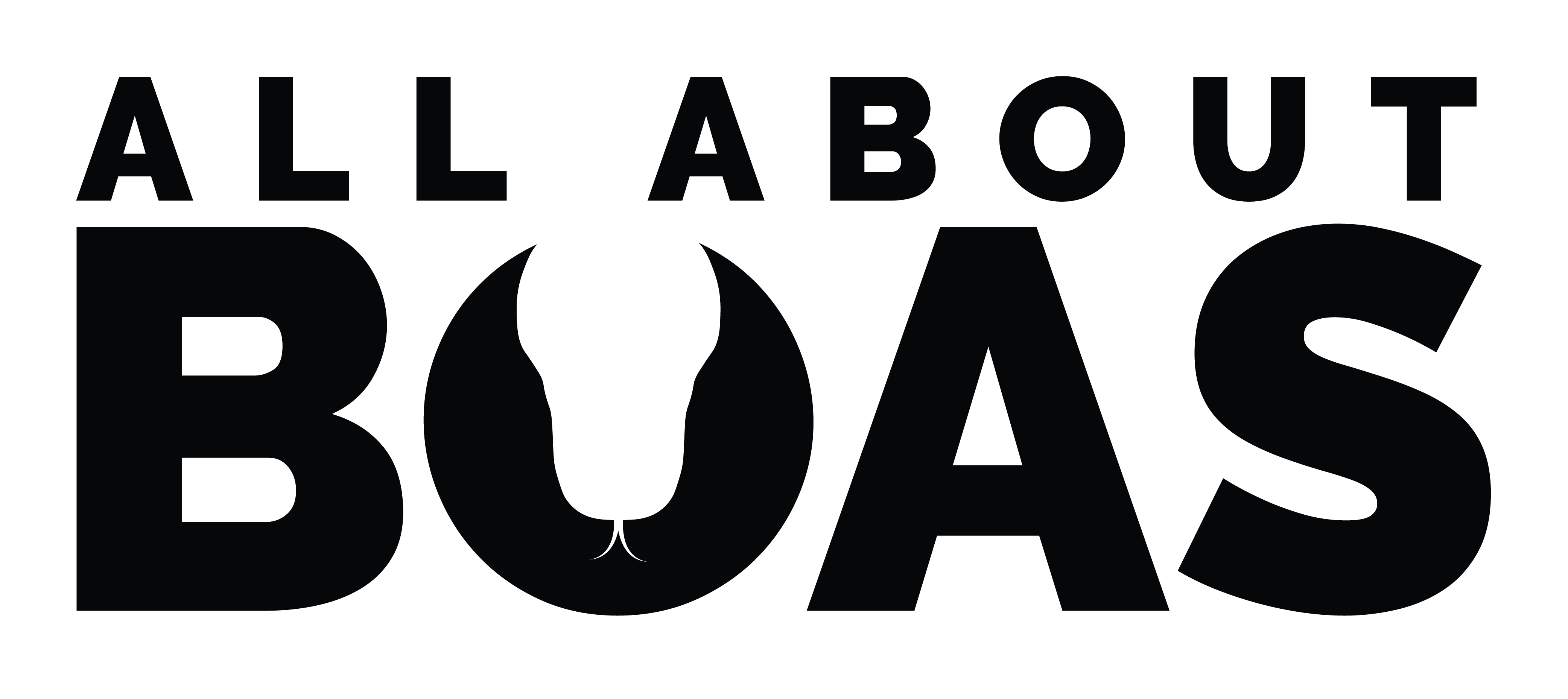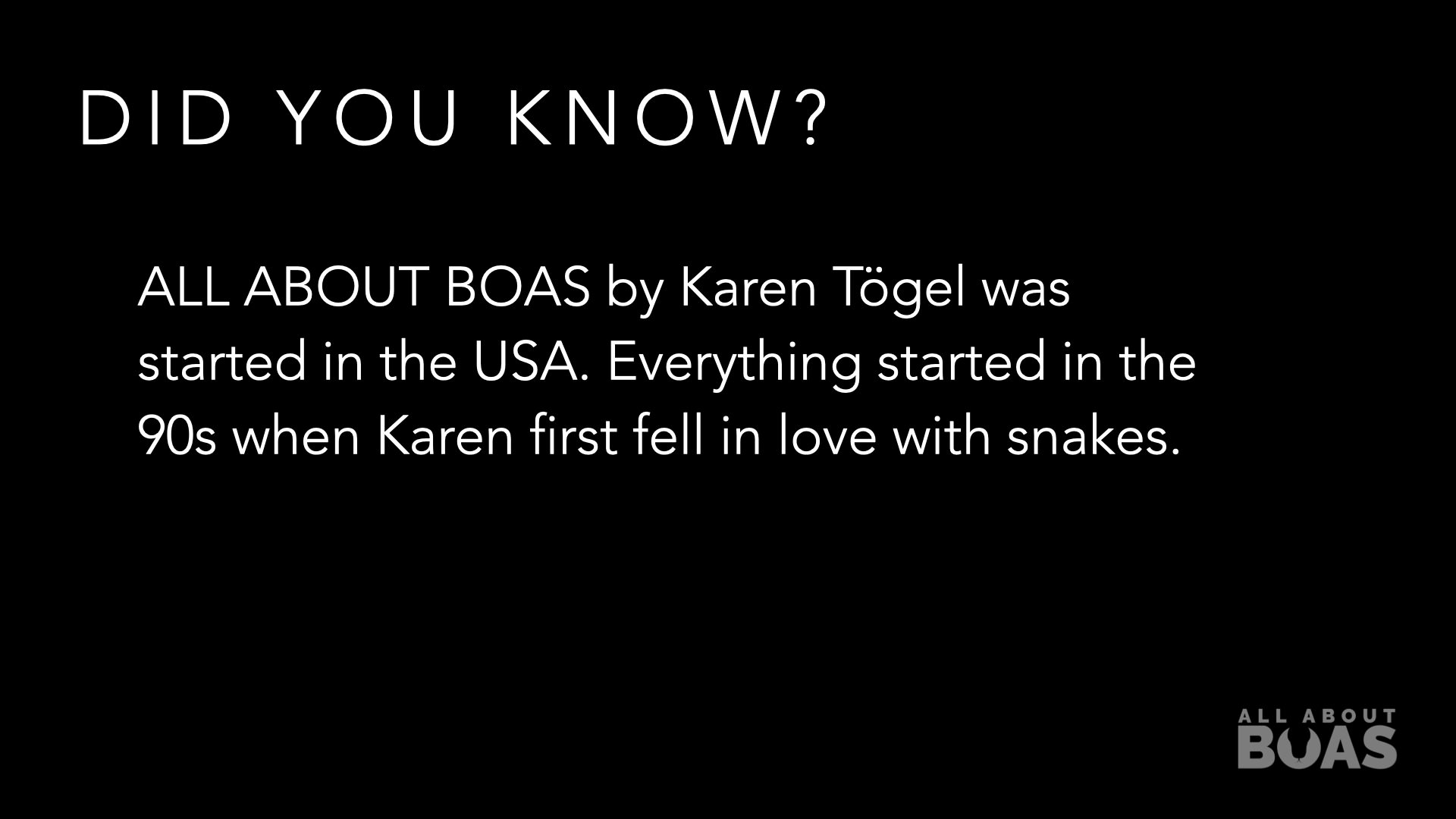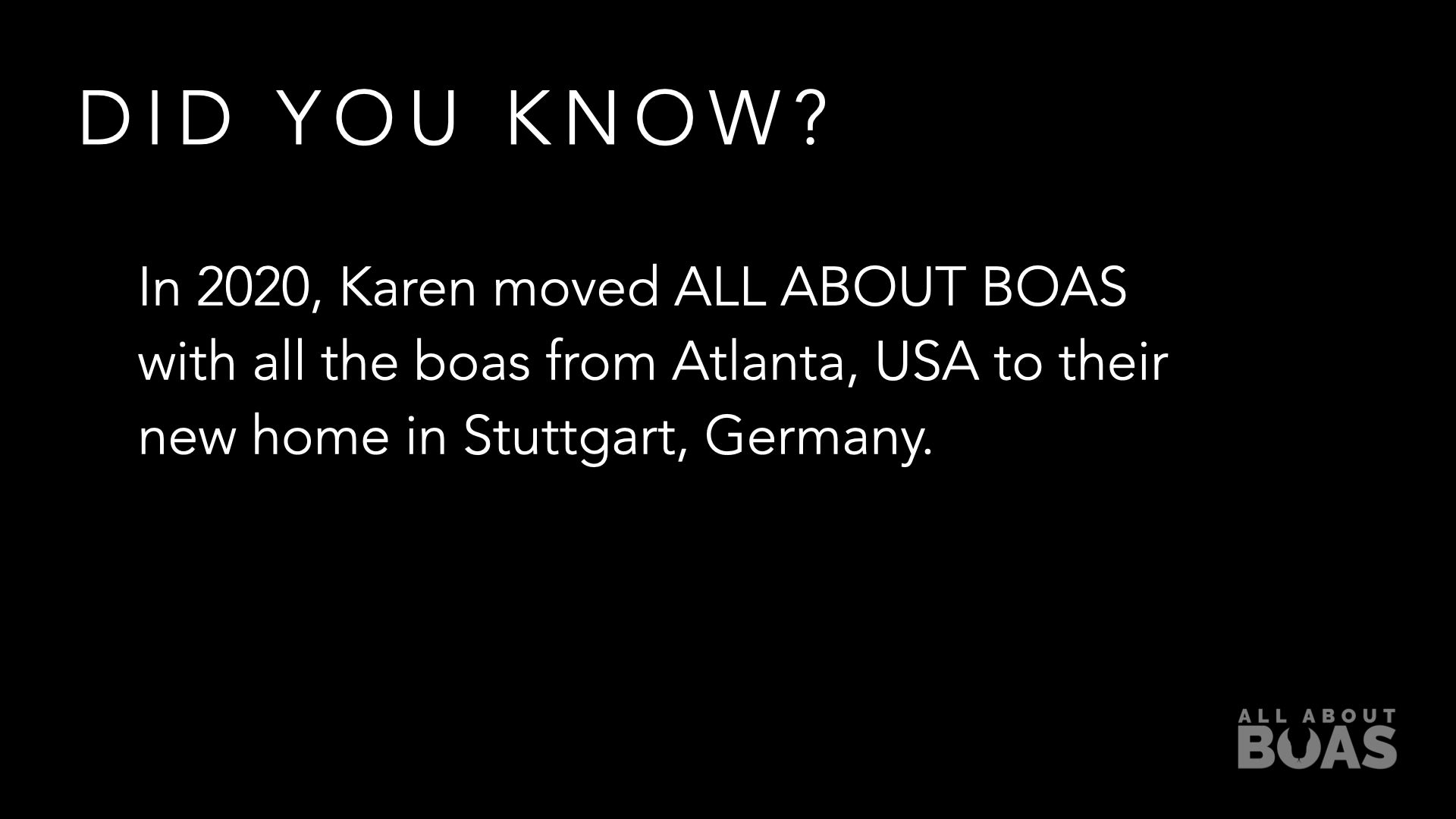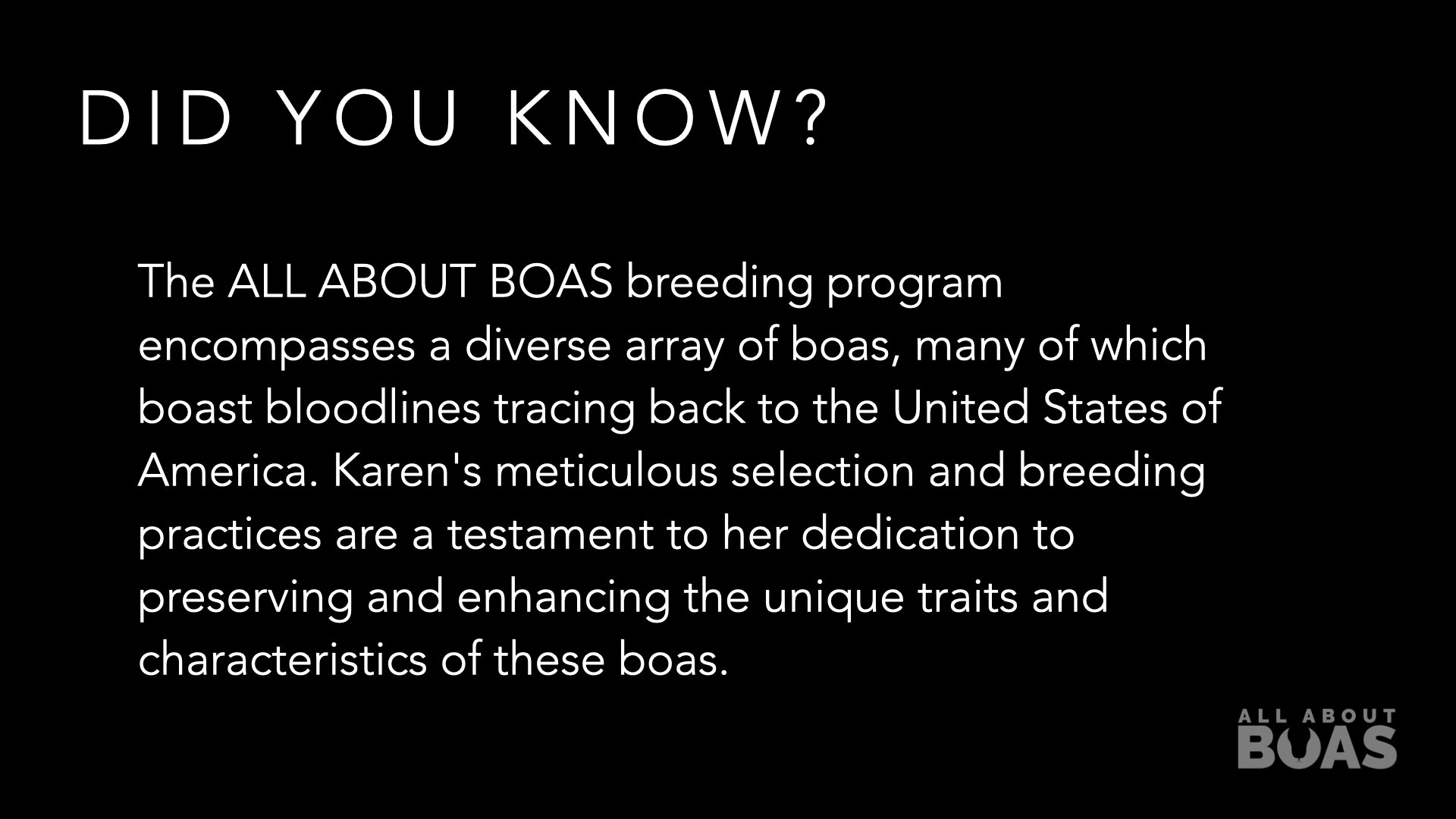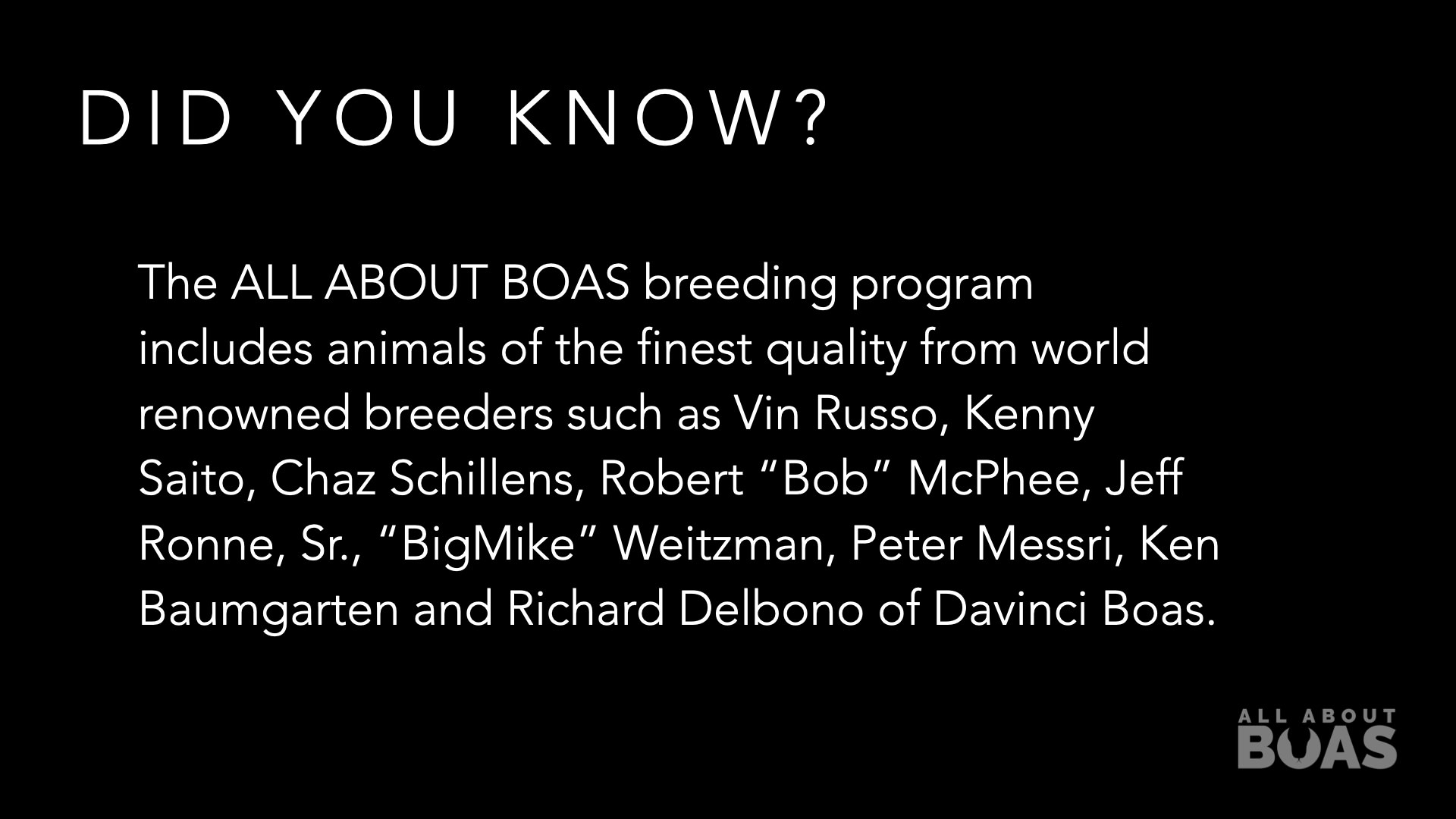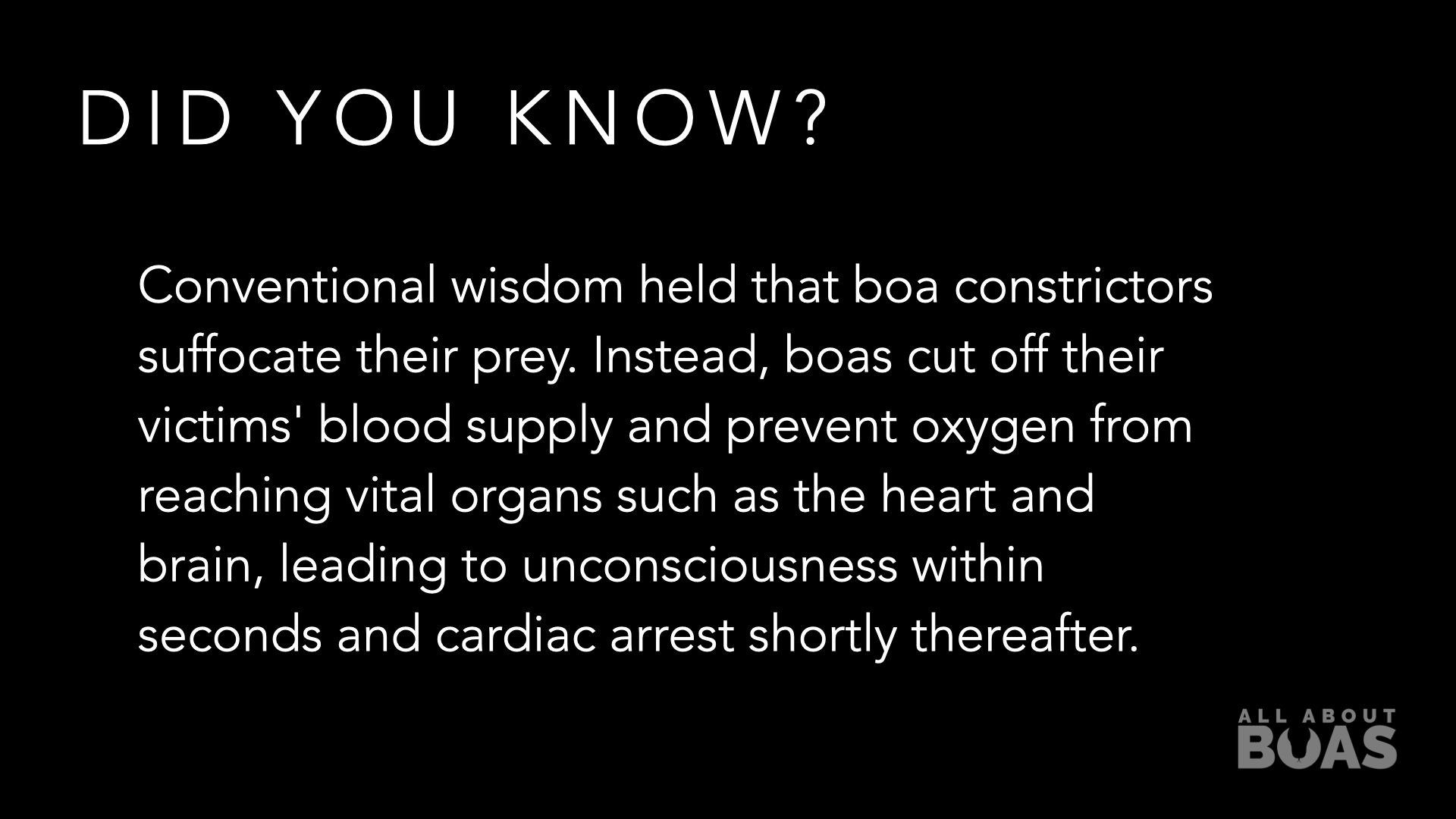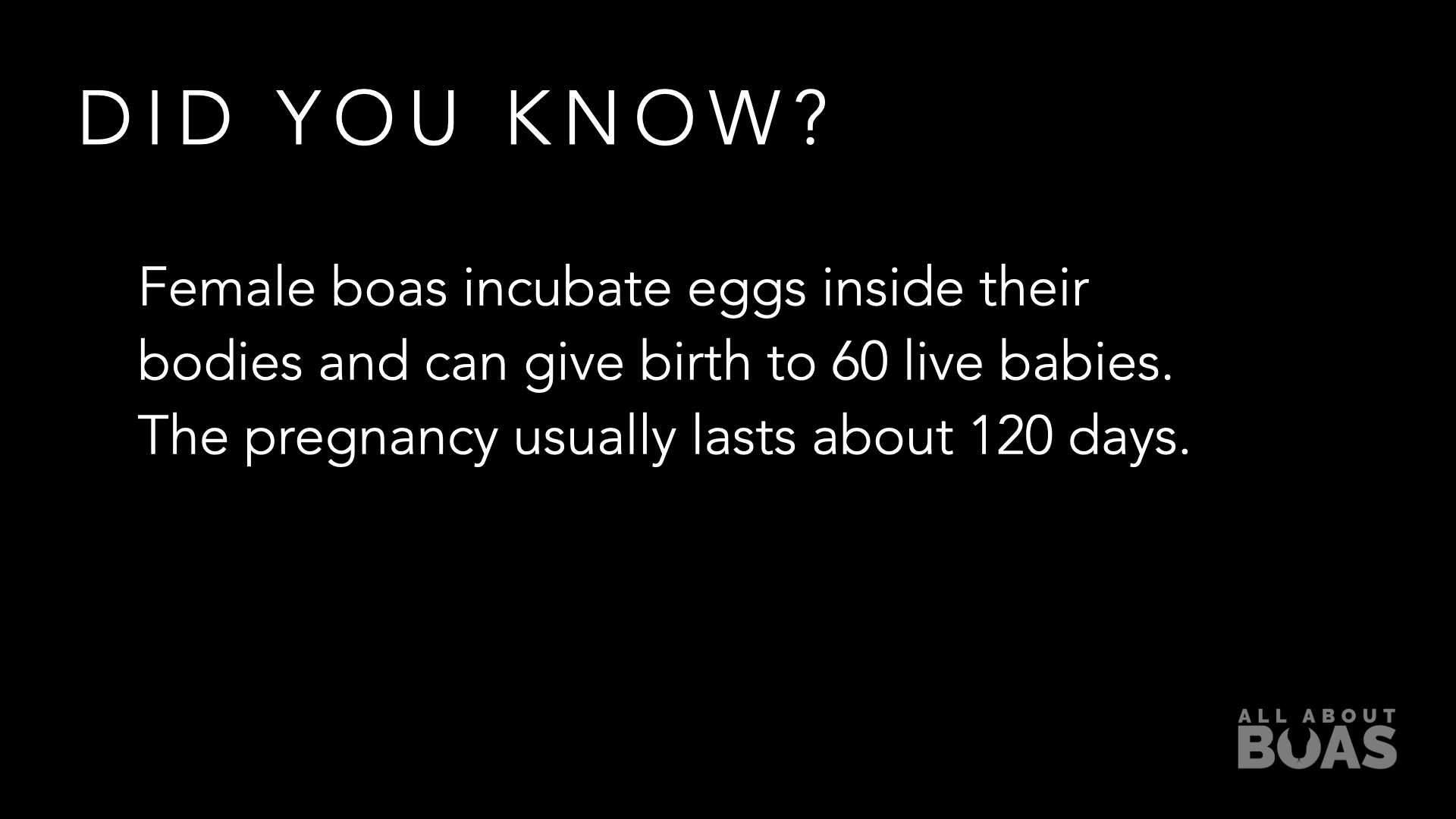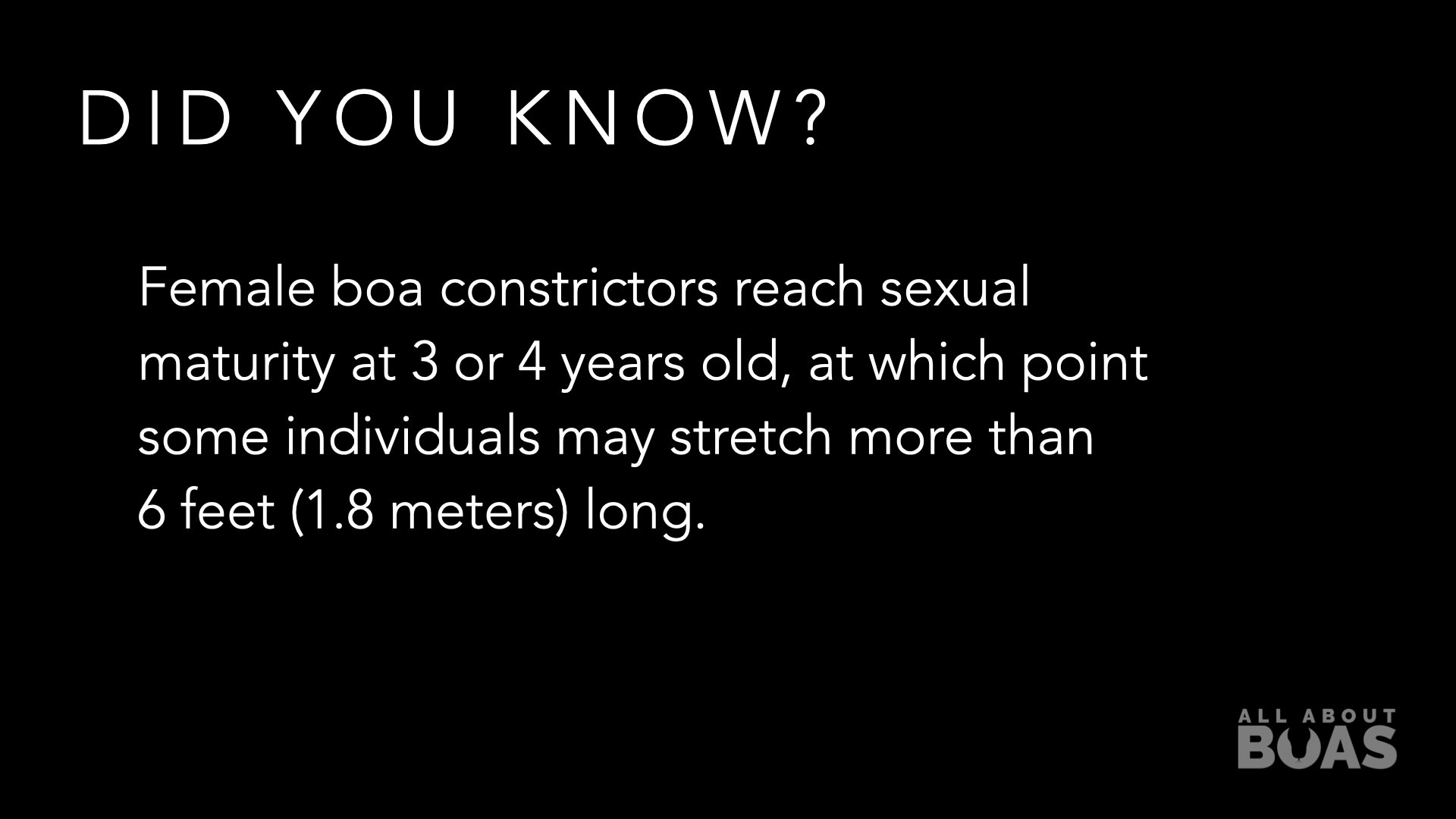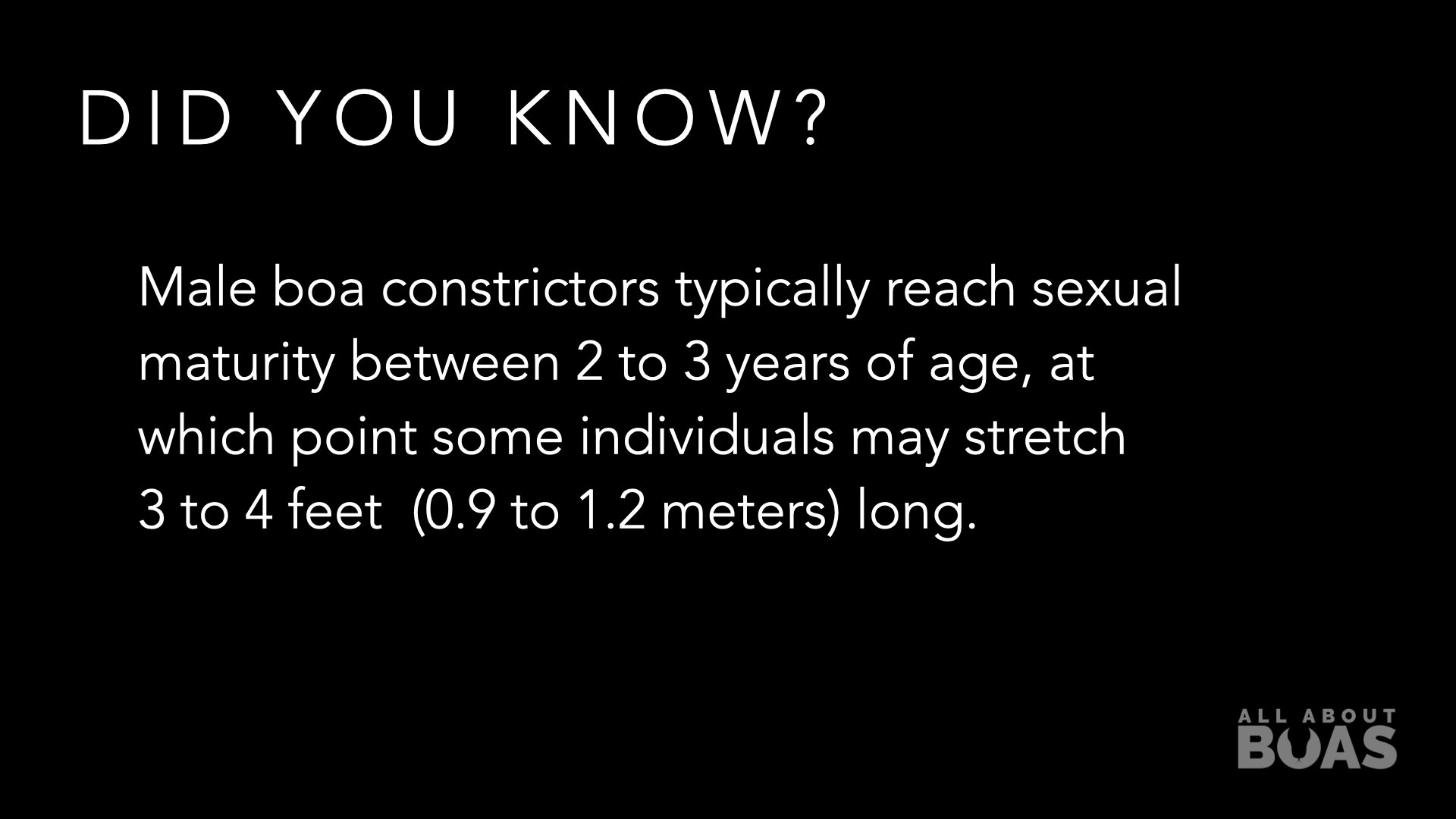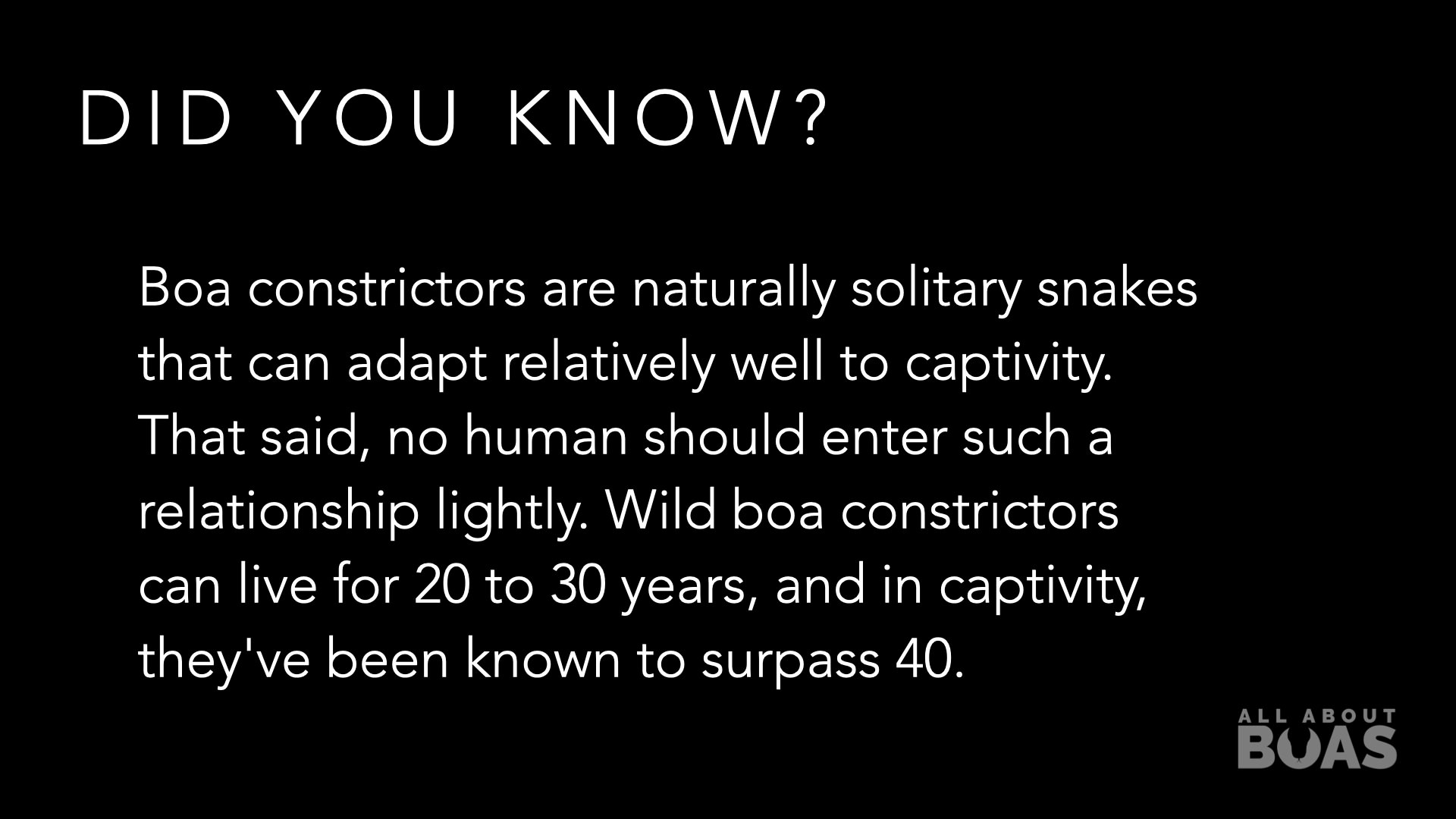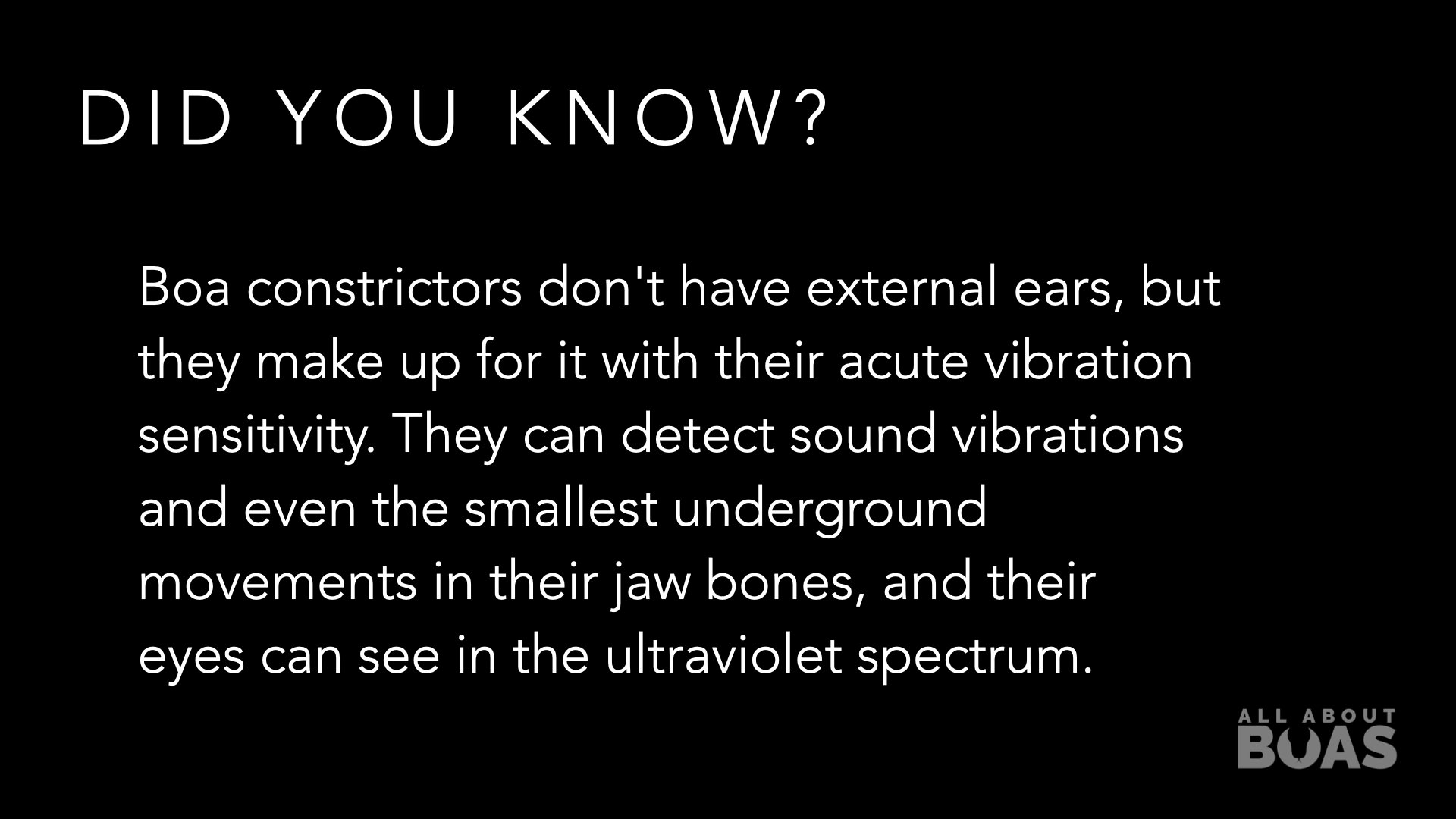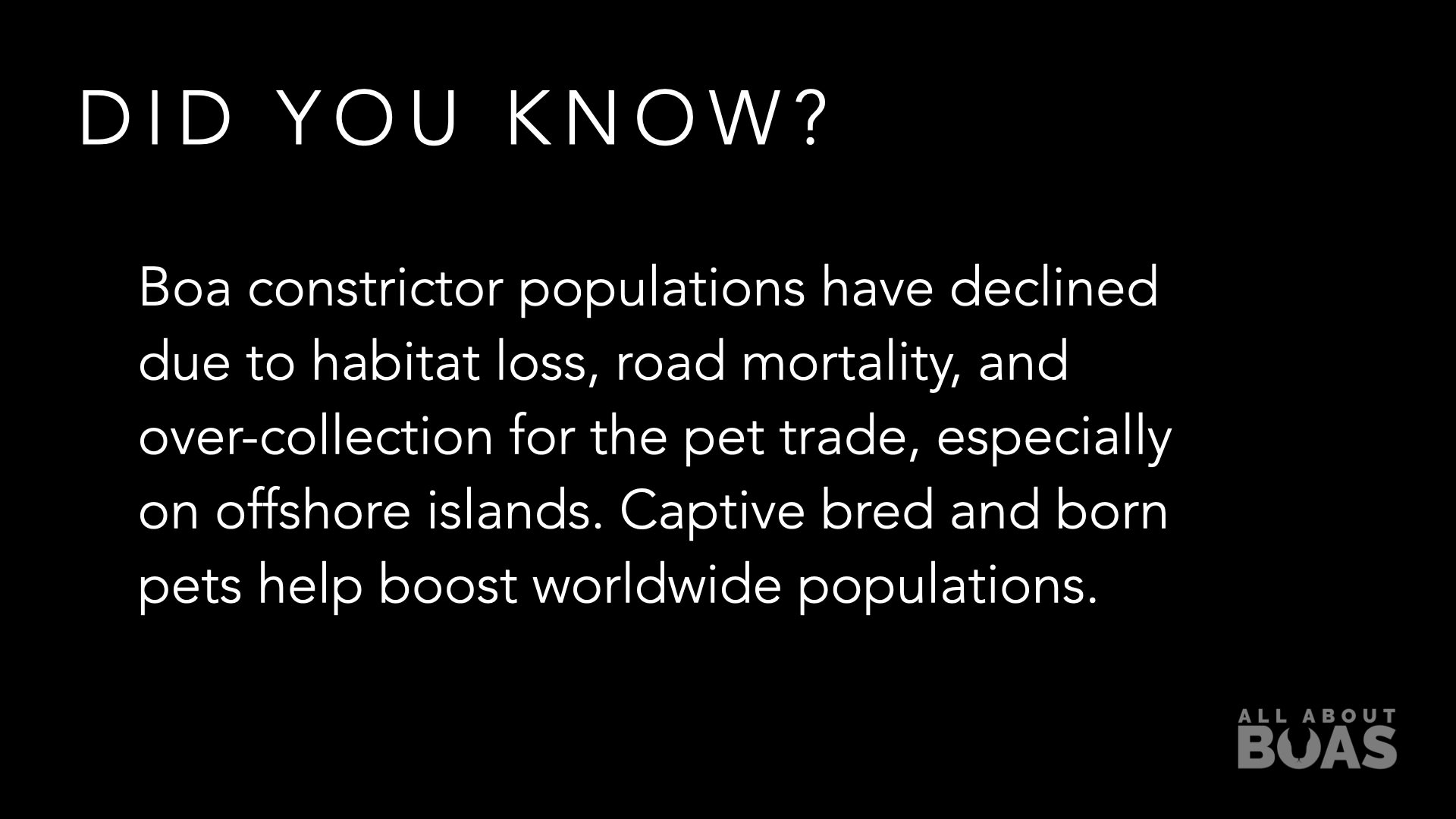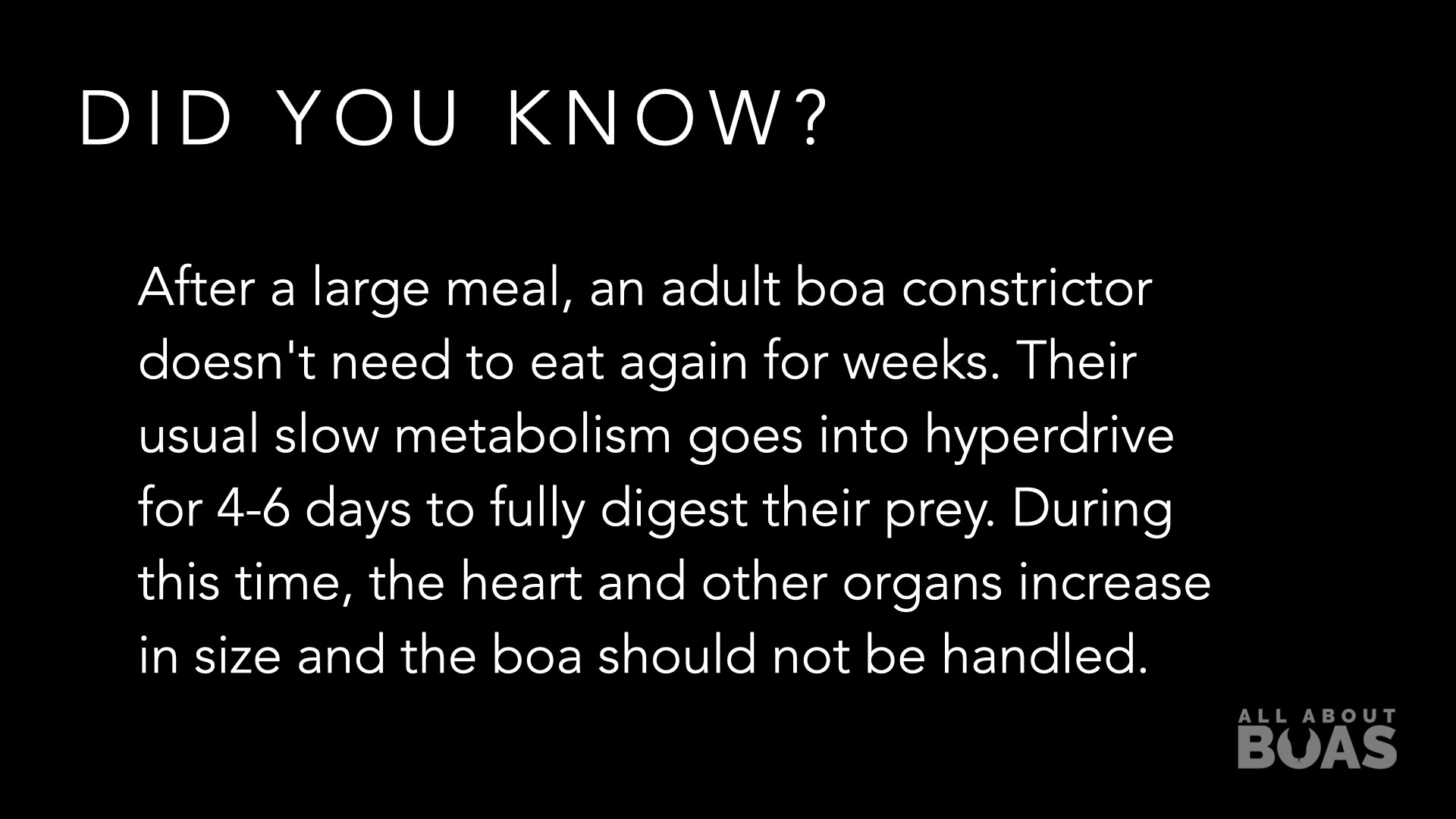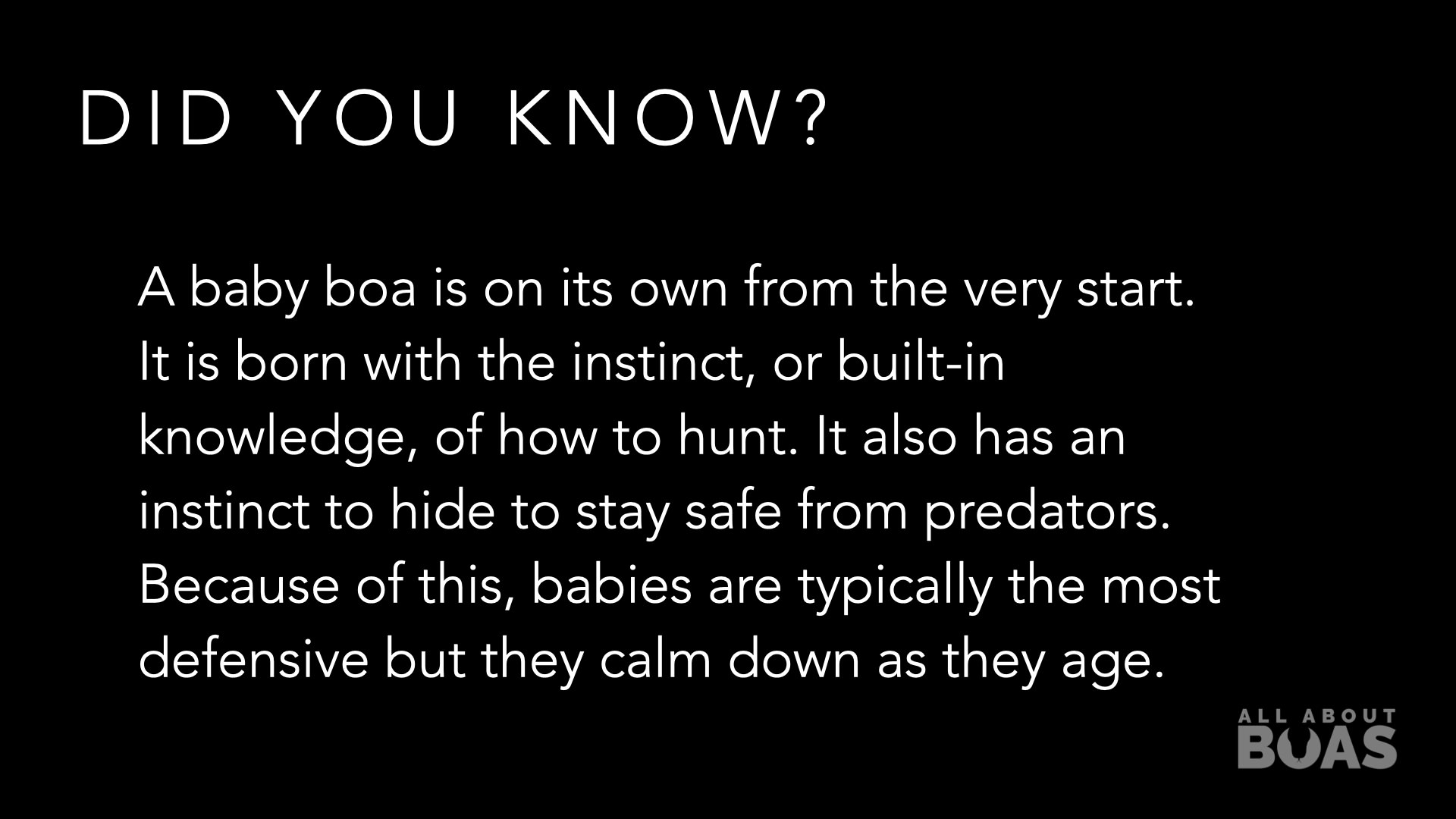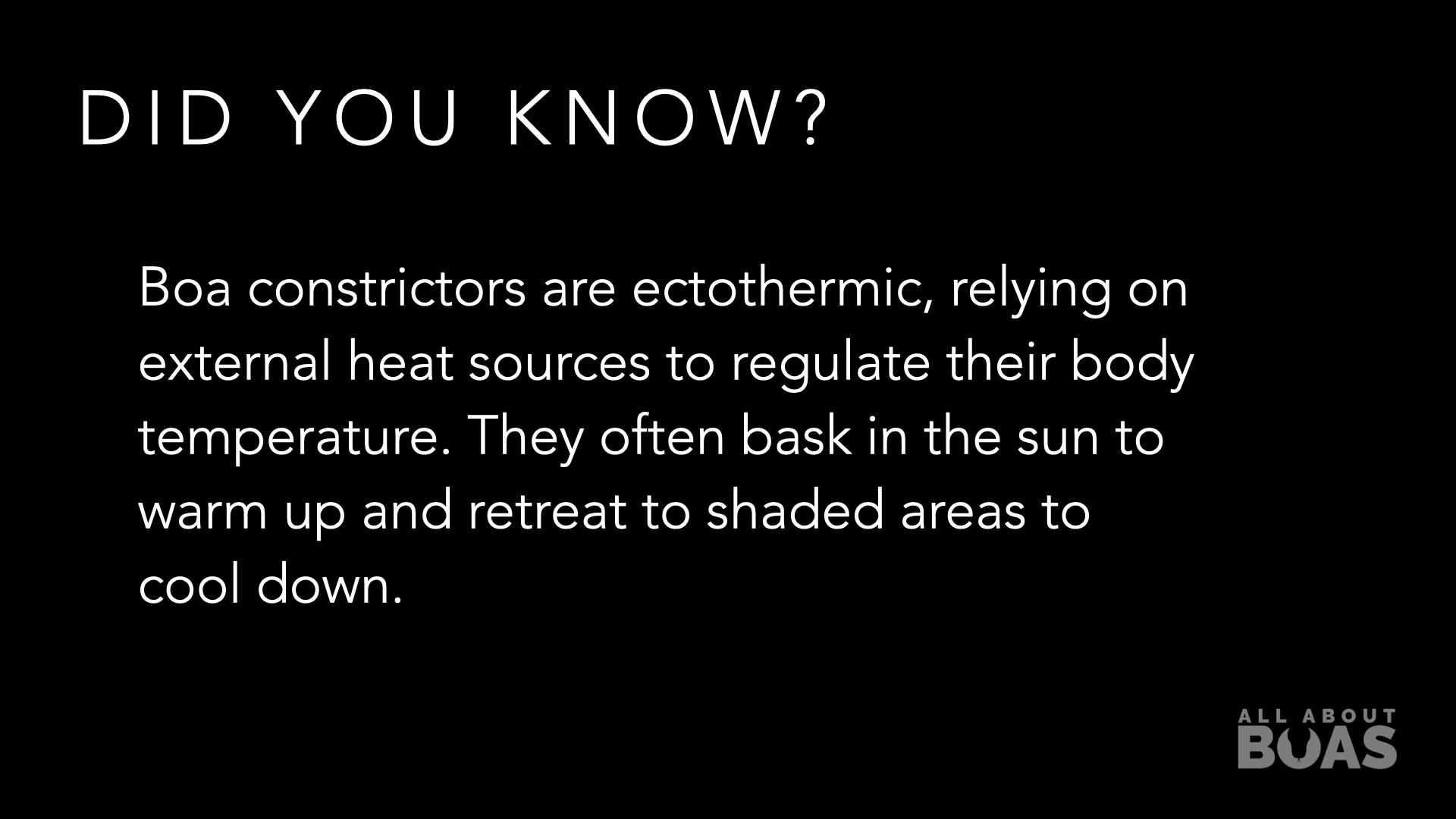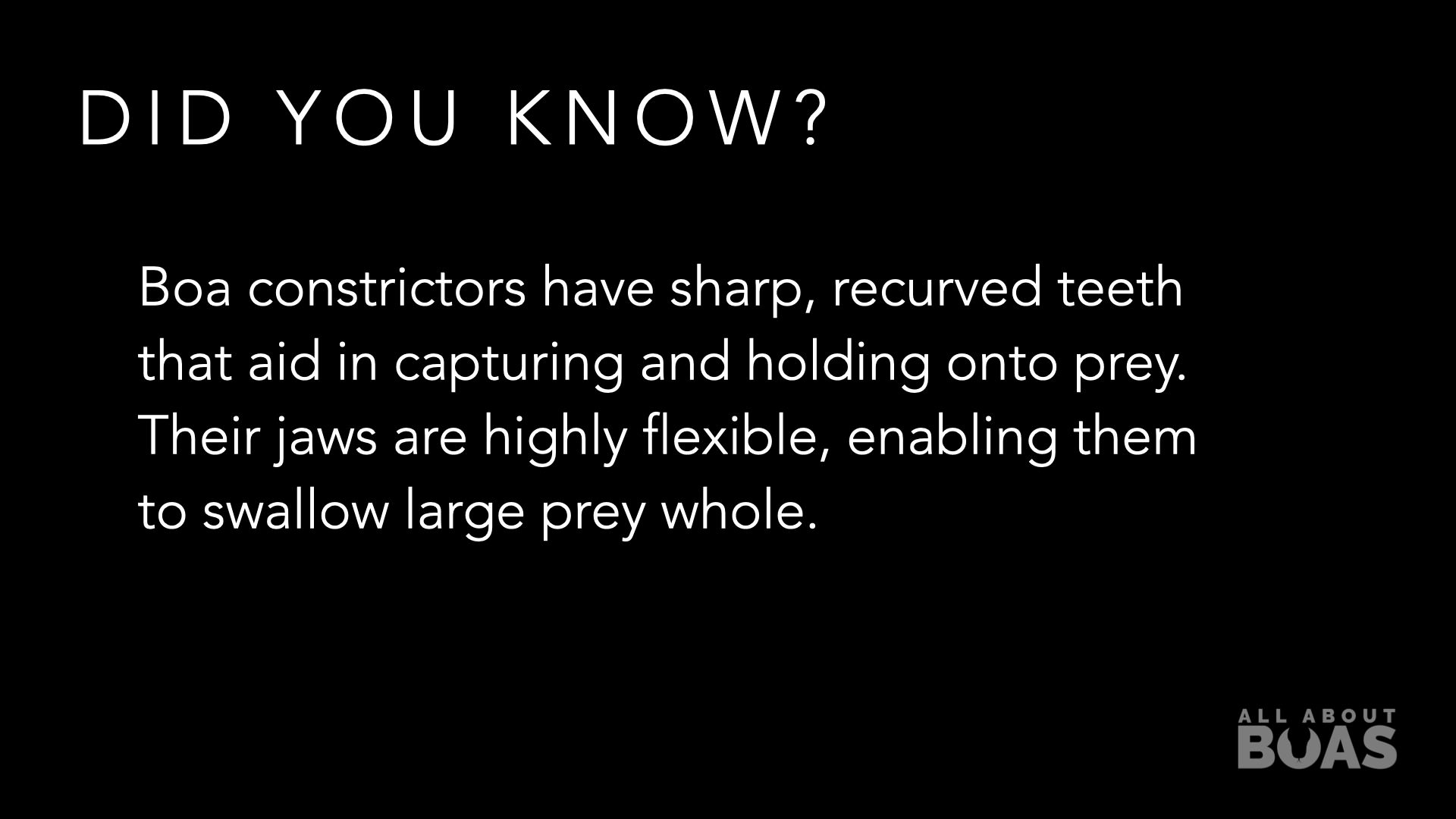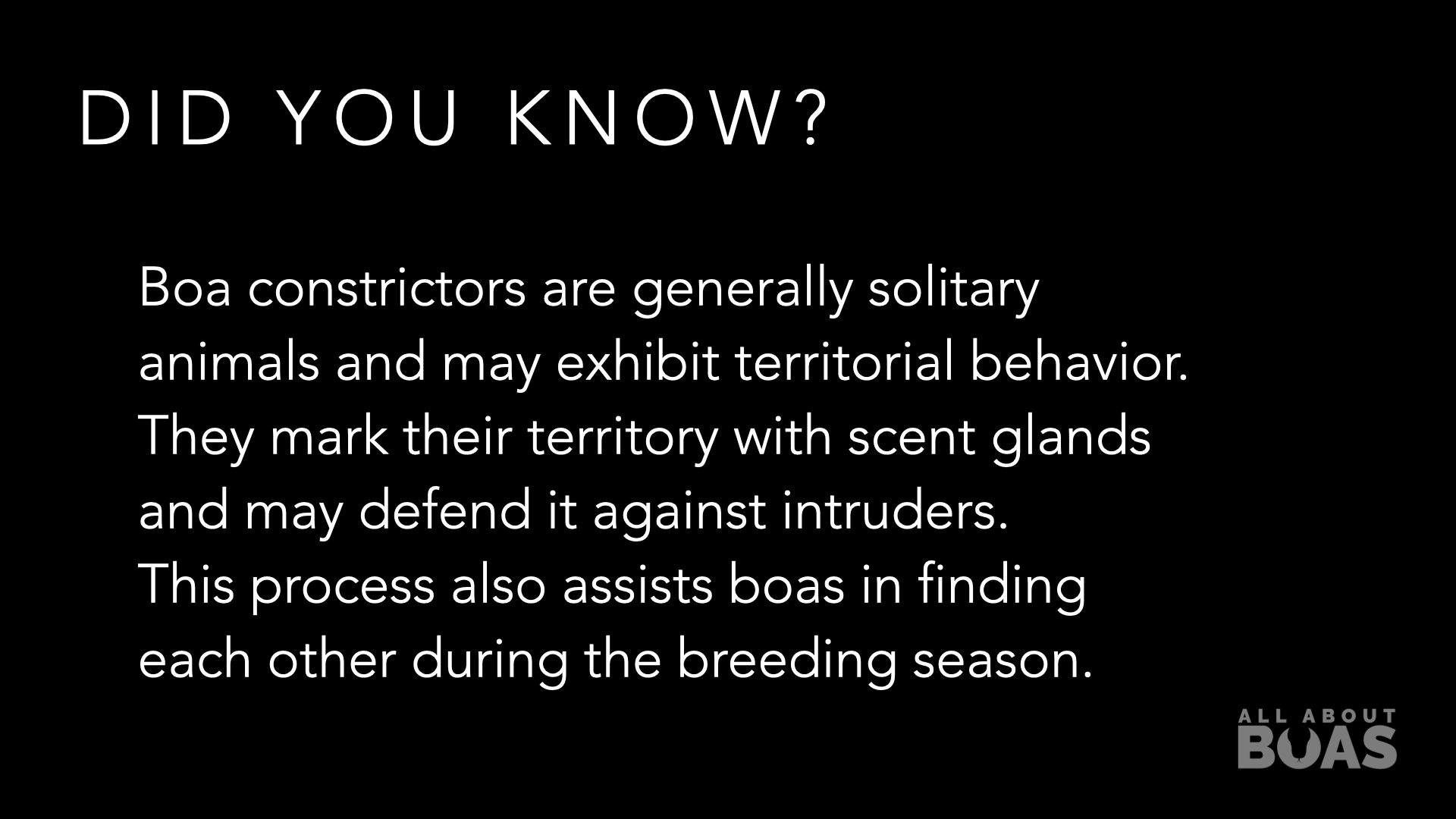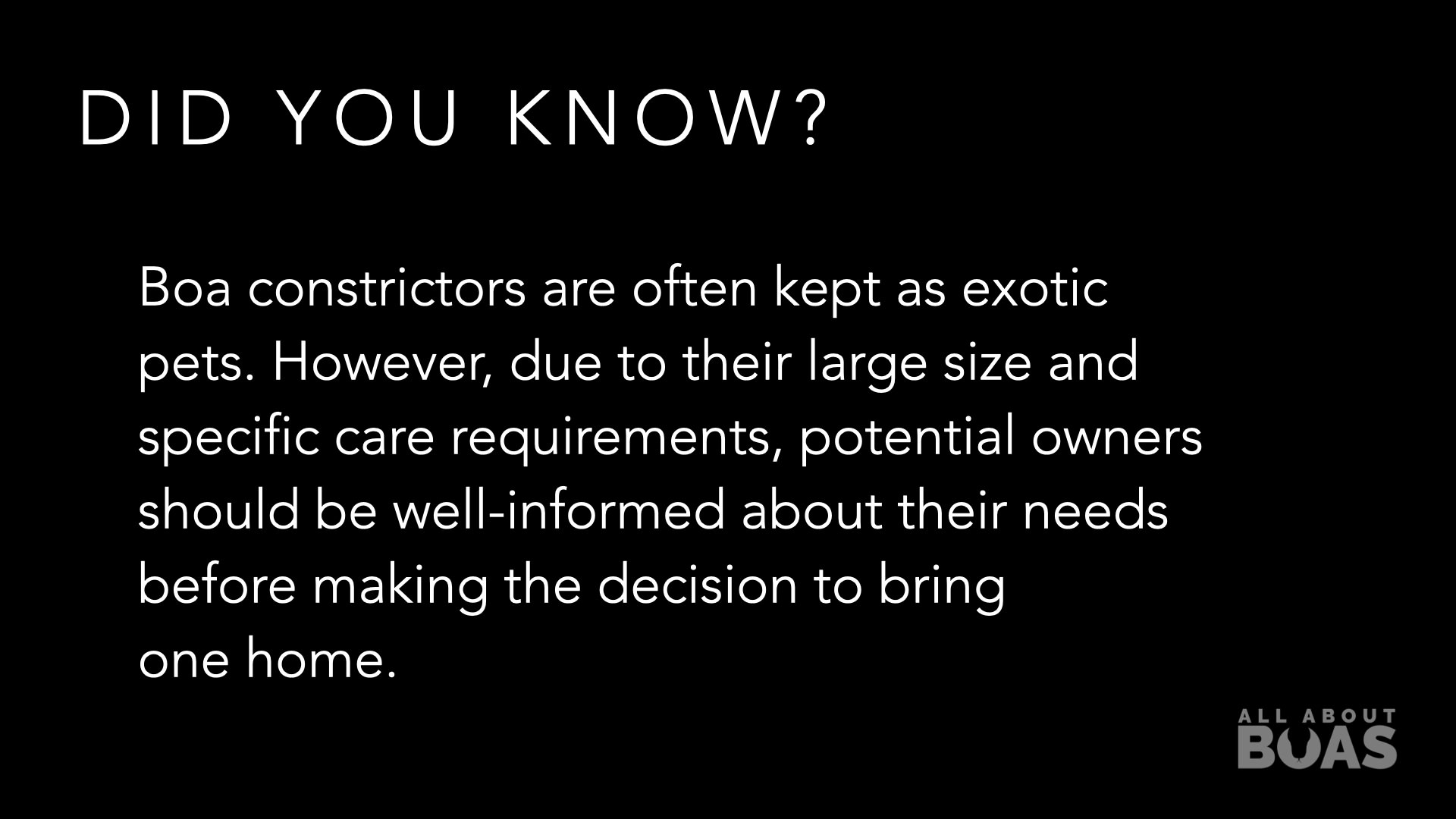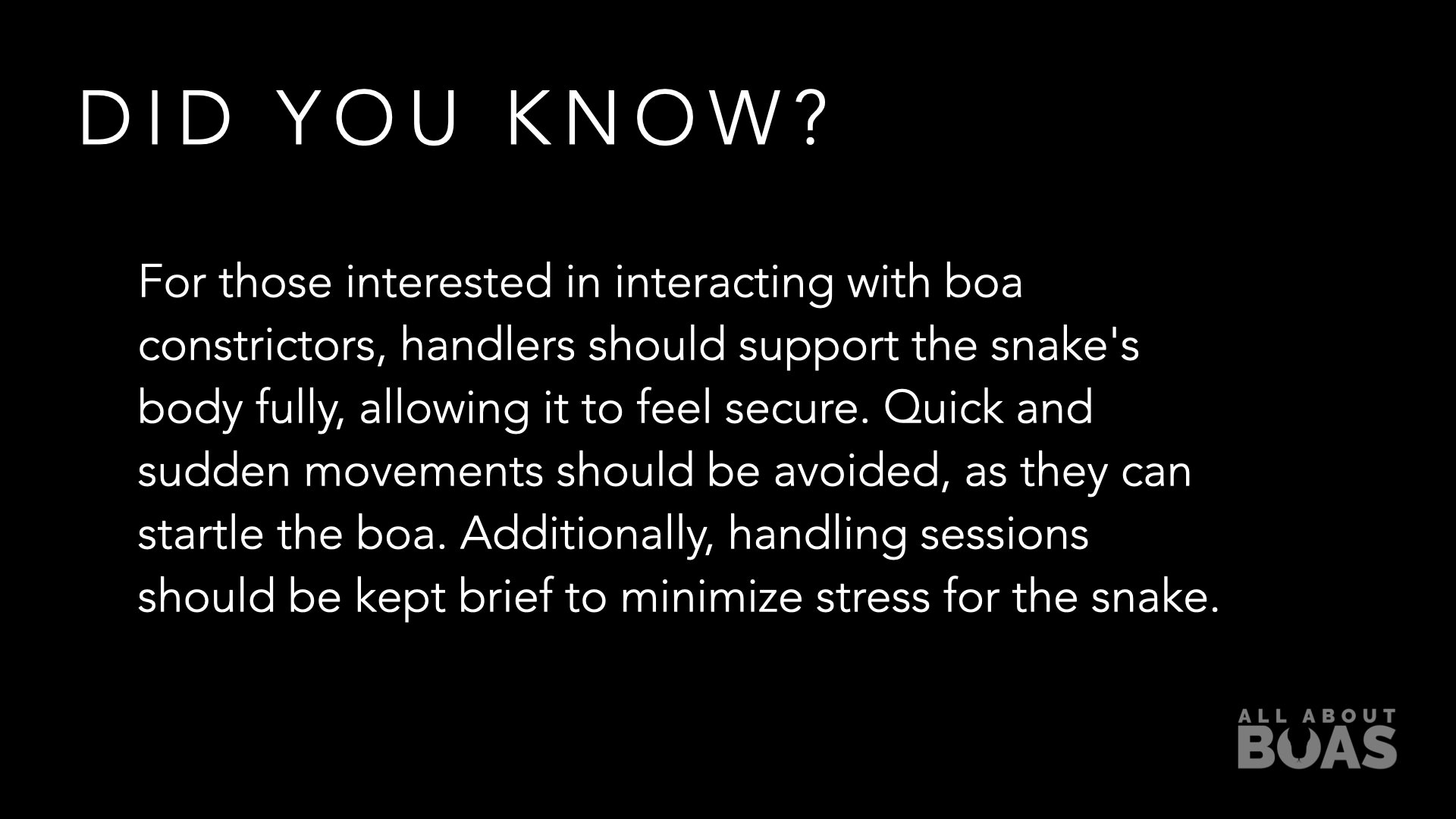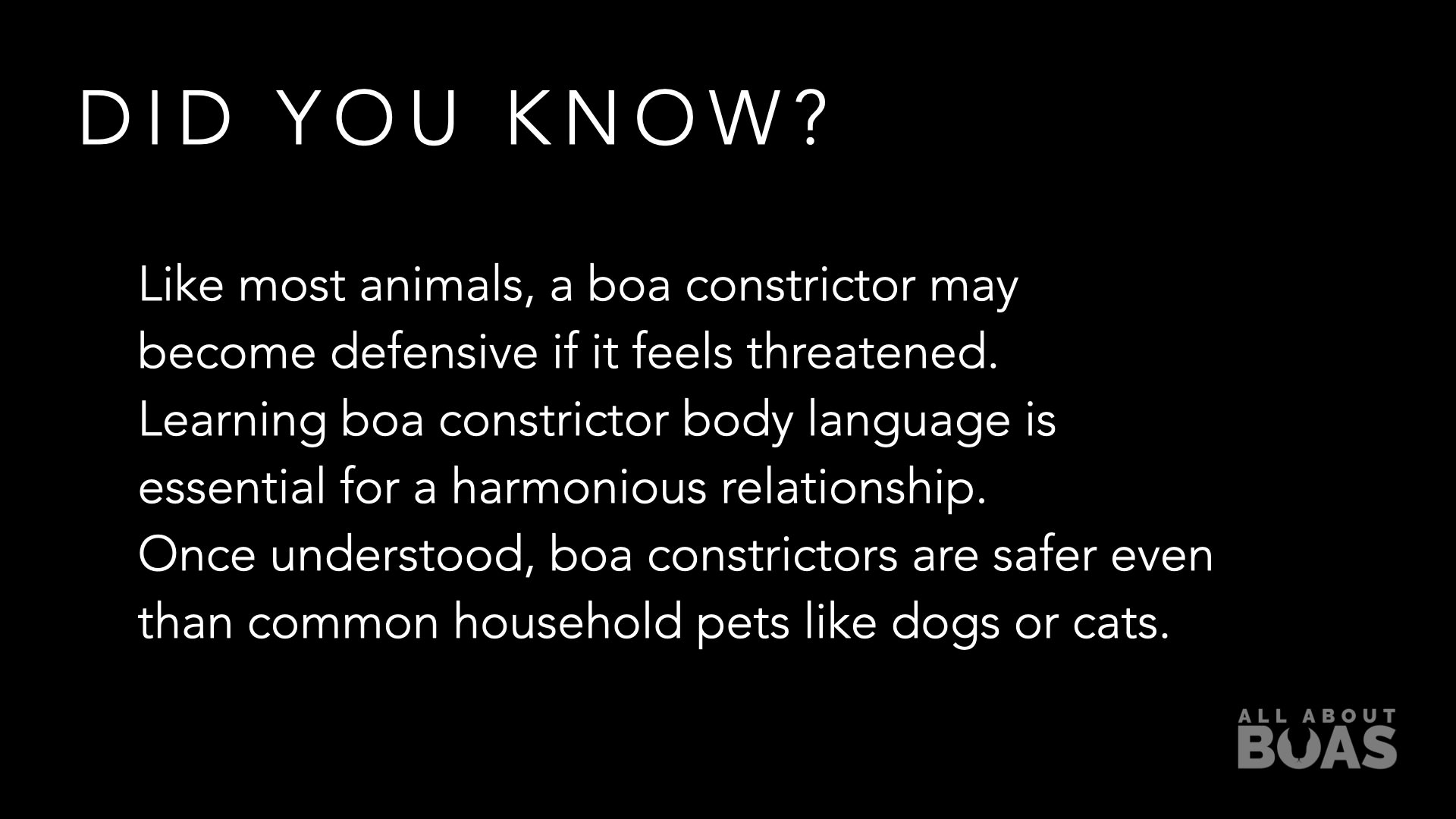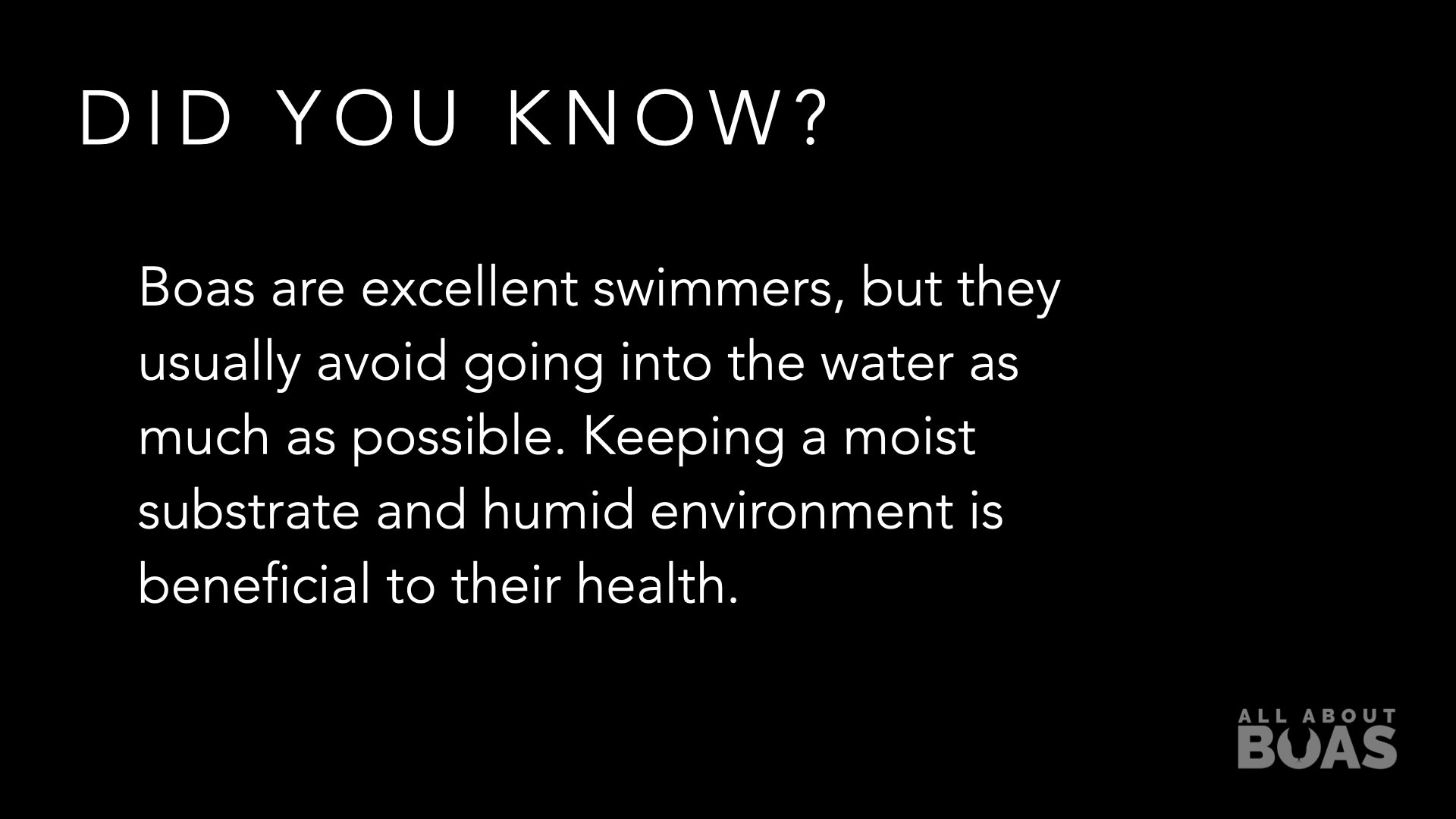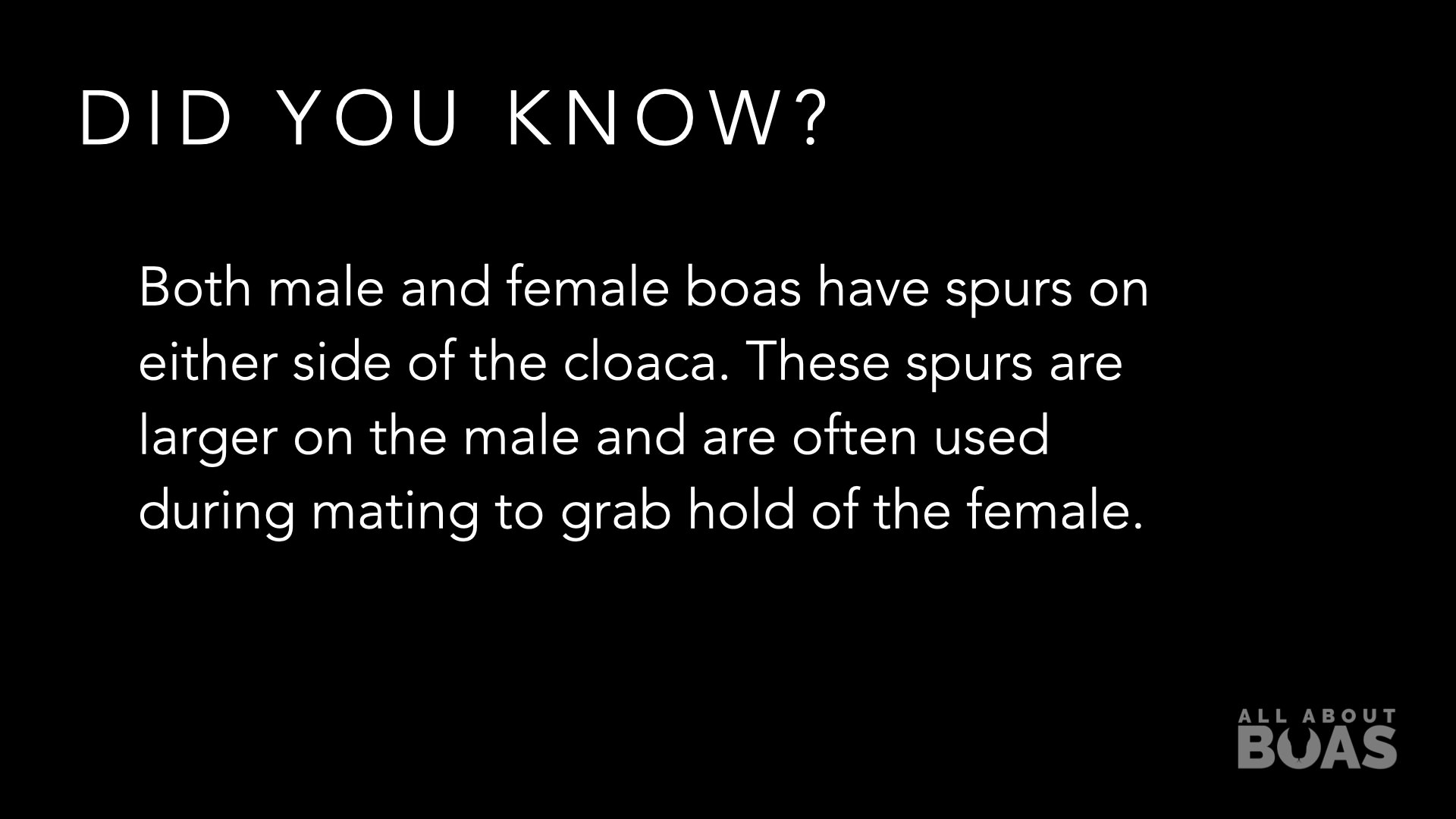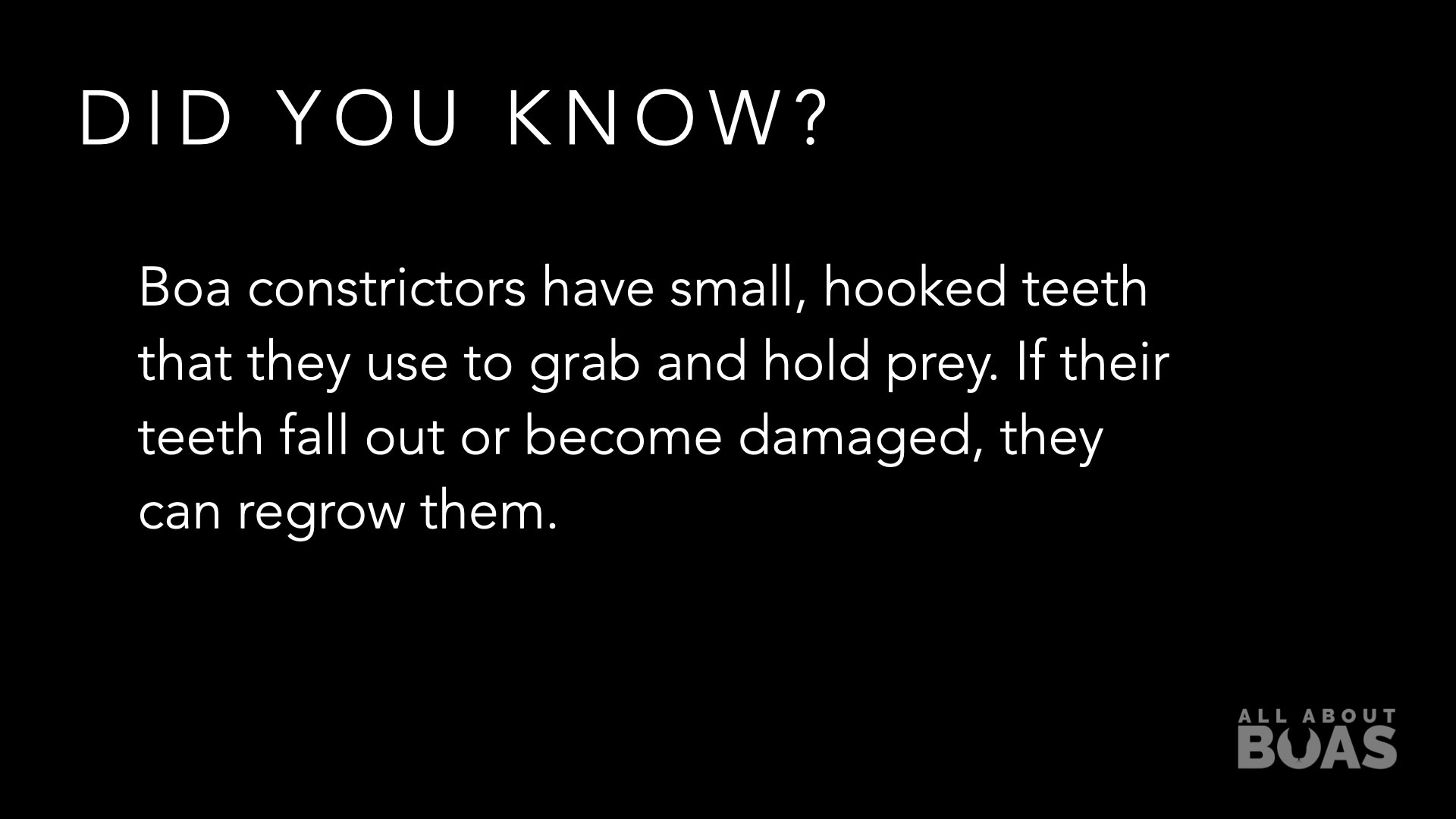Boa constrictors, with their impressive size and intriguing beauty, have fascinated reptile enthusiasts for centuries. As these snakes become more accessible in the pet trade, a common question arises: are boa constrictors good pets? To answer this, it's crucial to consider various aspects of their care, behavior, and the commitment required to keep them as pets.
The Fascination with Boa Constrictors:
Boa constrictors, native to Central and South America, are non-venomous snakes known for their striking appearance and relatively calm demeanor. Their unique patterns and docile nature make them attractive to reptile lovers seeking an exotic pet. However, owning a boa constrictor comes with responsibilities and challenges that potential owners must be prepared for.
Understanding Boa Constrictor Care:
-
Space and Enclosure: Boa constrictors require spacious enclosures that mimic their natural habitat. A properly sized vivarium with climbing opportunities, hiding spots, and controlled temperature and humidity levels is essential.
-
Feeding and Diet: Boa constrictors are carnivorous and primarily eat rodents. Feeding schedules vary based on the snake's age, but it's essential to provide a balanced diet to maintain their health.
-
Handling and Temperament: While boas are generally calm, individual temperament can vary. Regular, gentle handling from a young age helps them acclimate to human interaction. However, they are not the best choice for beginners due to their size and strength.
The Challenges of Boa Constrictor Ownership:
-
Size and Space Requirements: Boa constrictors can grow large, requiring ample space and a secure enclosure. Potential owners must be ready for the long-term commitment of providing a suitable habitat as they mature.
-
Lifespan and Commitment: Boas have a long lifespan, often living over two decades. Prospective owners must be prepared for the long-term commitment, both in terms of time and resources.
-
Specialized Knowledge: Proper care demands knowledge of boa constrictor behavior, feeding habits, and health issues. Regular veterinary check-ups and a well-researched understanding of their needs are imperative.
Conclusion:
In summary, boa constrictors can be suitable pets for experienced reptile enthusiasts with the dedication to meet their specific requirements. Their docile nature, captivating appearance, and unique behaviors make them rewarding companions for those willing to invest the time, effort, and resources necessary for their care.
However, due to their size and care demands, boas may not be the best choice for beginners or individuals seeking low-maintenance pets. Potential owners must educate themselves thoroughly, ensuring they can provide a safe, enriching environment for these magnificent creatures.
Ultimately, boa constrictors can be good pets for the right person, fostering a unique bond between human and reptile when cared for responsibly.


